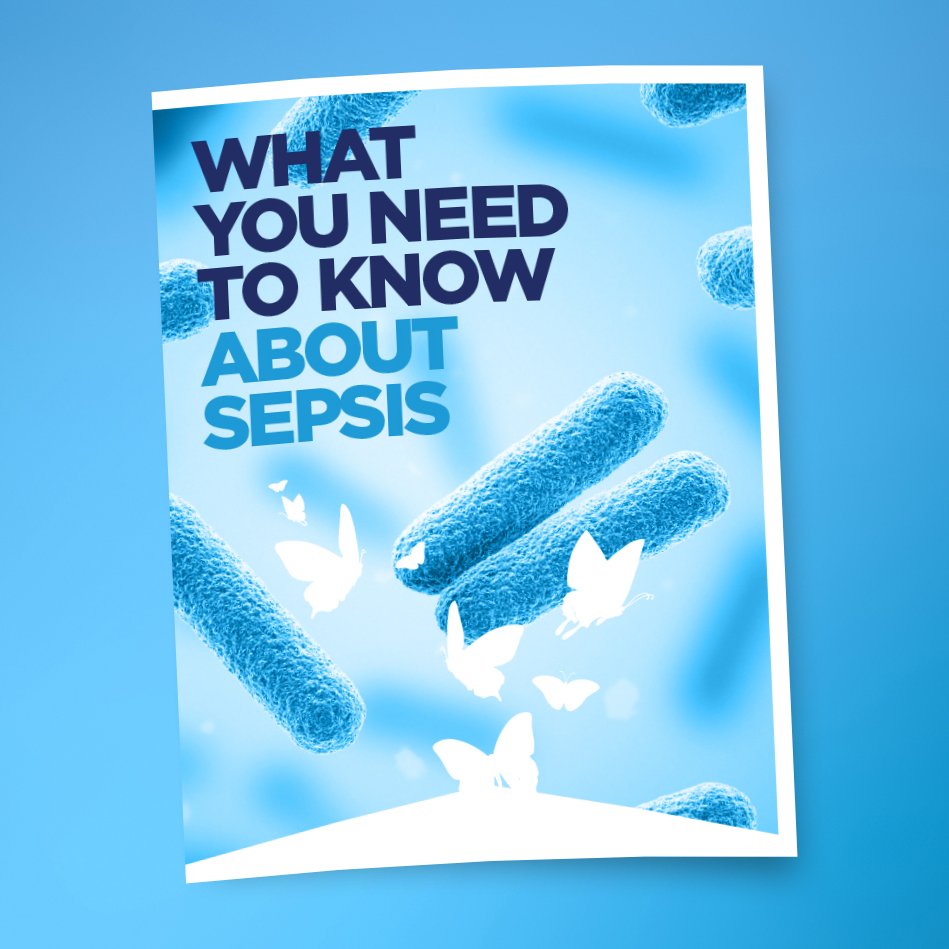Featured Resources
How Do I Spot Sepsis?
TRI-FOLD BROCHURE
What You Need to Know
About Sepsis
BOOKLET
BOOKLET
What to Expect
After Discharge From ICU
Living With
Post-Sepsis Syndrome
BOOKLET
Patient Care
Journal
JOURNAL
How Do I Spot TSS?
(Toxic Shock Syndrome)
TRI-FOLD BROCHURE
You are key to saving lives
IN ORDER OF APPEARANCE
IAN BAKER-FINCH, AMANDA BALIONIS RENNER, RYAN ZIMMERMAN, MARC LEISHMAN, MICHAEL CUDDYER, MATT STELL, HAROLD VARNER III, CAMERON SMITH AND AUDREY LEISHMAN
Early detection saves lives.
Seek immediate medical care if you suspect someone has an infection that is not improving or is getting worse.
Fever or low temperature
Fast heart rate and rapid breathing
Rash that does not fade at touch
Cold hands and feet
Clammy or pale skin
Confusion, dizziness
Shortness of breath
Extreme pain or discomfort
Nausea and vomiting
Convulsions
For Caregivers & Loved Ones
When your loved one becomes ill with sepsis, it can be a scary time – one that most people aren’t prepared for. You may not know what sepsis is or how to help your loved one. The Sepsis Alliance has resources that may help you navigate this complex and difficult journey.







